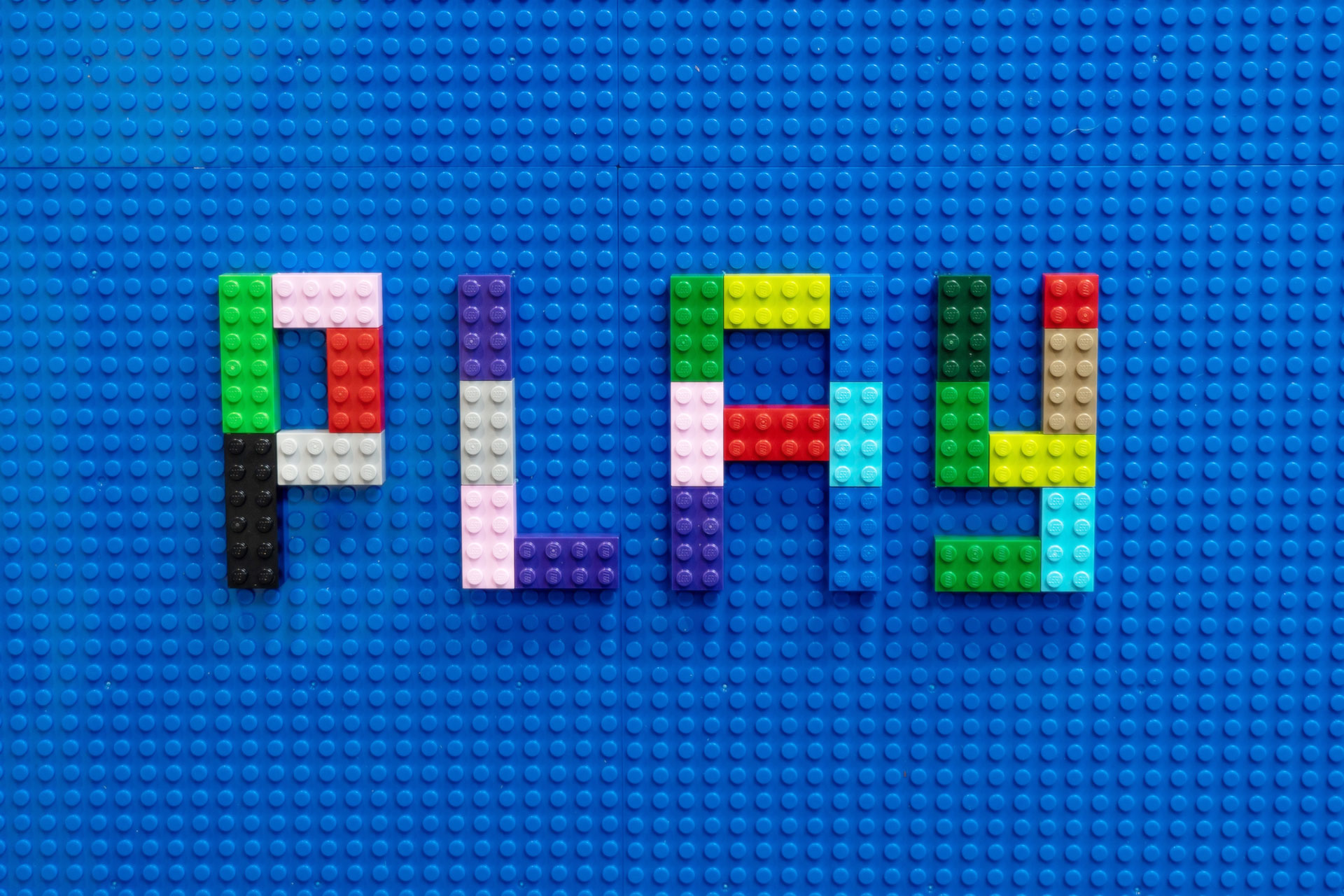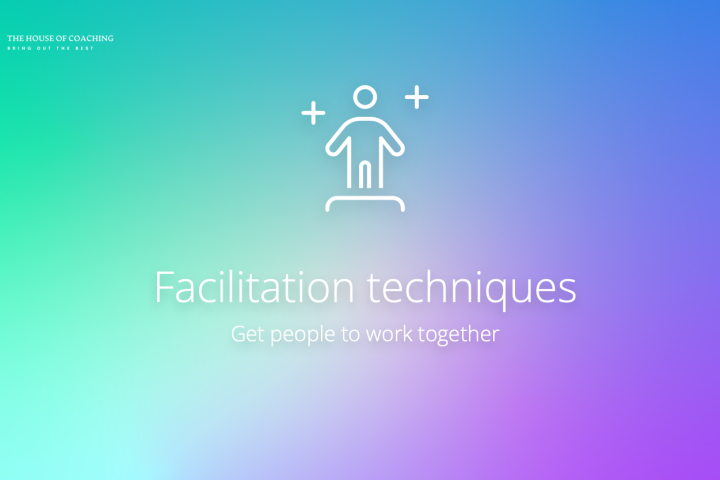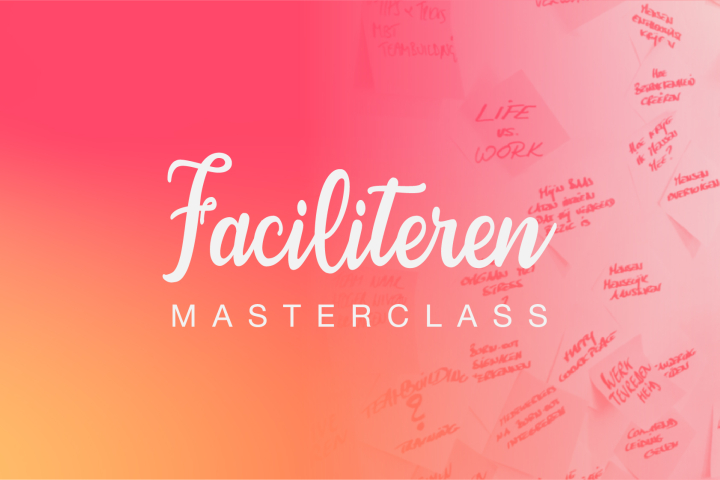

Are you a facilitator or want to get better at facilitating meetings, gatherings or workshops? Then I have 8 handy acronyms for you here that can help you structure and facilitate various processes and activities.
- LSQ: Listening, Summarising and Questioning. LSQ is an acronym used to help participants communicate effectively and understand better. It means that as a facilitator, you should actively listen to the speaker, summarise their words and then ask targeted questions to increase understanding and clarify any ambiguities.
- SMART: Specific, Measurable, Acceptable, Realistic, Time-bound. This method can help you formulate goals and objectives that are specific, measurable, acceptable, realistic and time-bound.
- Don't FIFA: Don't Fill In For Another, to be a witness as a facilitator rather than one involved and not give any fill-in or sugestions yourself.
- SWOT: Strengths, Weaknesses, Opportunities, Threats. SWOT analysis is a technique used to evaluate the strengths and weaknesses of a person, organisation, product or service, and to identify opportunities and threats in the external environment.
- ORID: Objective, Reflective, Interpretive, Decisional. ORID is a facilitation process that involves four steps: collecting objective facts, reflecting on feelings and emotions, interpreting meaning and making decisions.
- PESTEL: Political, Economic, Social, Technological, Ecological, Legal. PESTEL analysis is a technique used to evaluate the external factors affecting an organisation, such as political, economic, social, technological, ecological and legal factors.
- OSAR: Observe, Summarise, Advise, Results. OSAR is a facilitation process that involves four steps: observing behaviour and interactions, summarising observed patterns and trends, advising possible actions and decisions, and evaluating results.
- ACTION: Agreement, Clarity, Time, Involvement, Ownership, Next steps. ACTION is an acronym used to highlight the key elements needed for effective communication and decision-making: agreement, clarity, time, involvement, responsibility and next steps.
- RACE: Reflect, Analyse, Choose, Execute. RAKE is a facilitation method that can be applied in various contexts, such as team building, strategy development, and problem solving.
- SCORE: Situation, Cause, Outcome, Resources, Effect. You can use the SCORE as a conversational model in coaching and facilitation to guide participants from a limiting situation and cause to an enabling outcome, resources and effect.
So what are you waiting for? Try one of these acronyms at your next facilitation meeting and discover how it can help improve communication and collaboration, as well as increase transparency and clarity of information. Good luck and have fun with facilitation!


